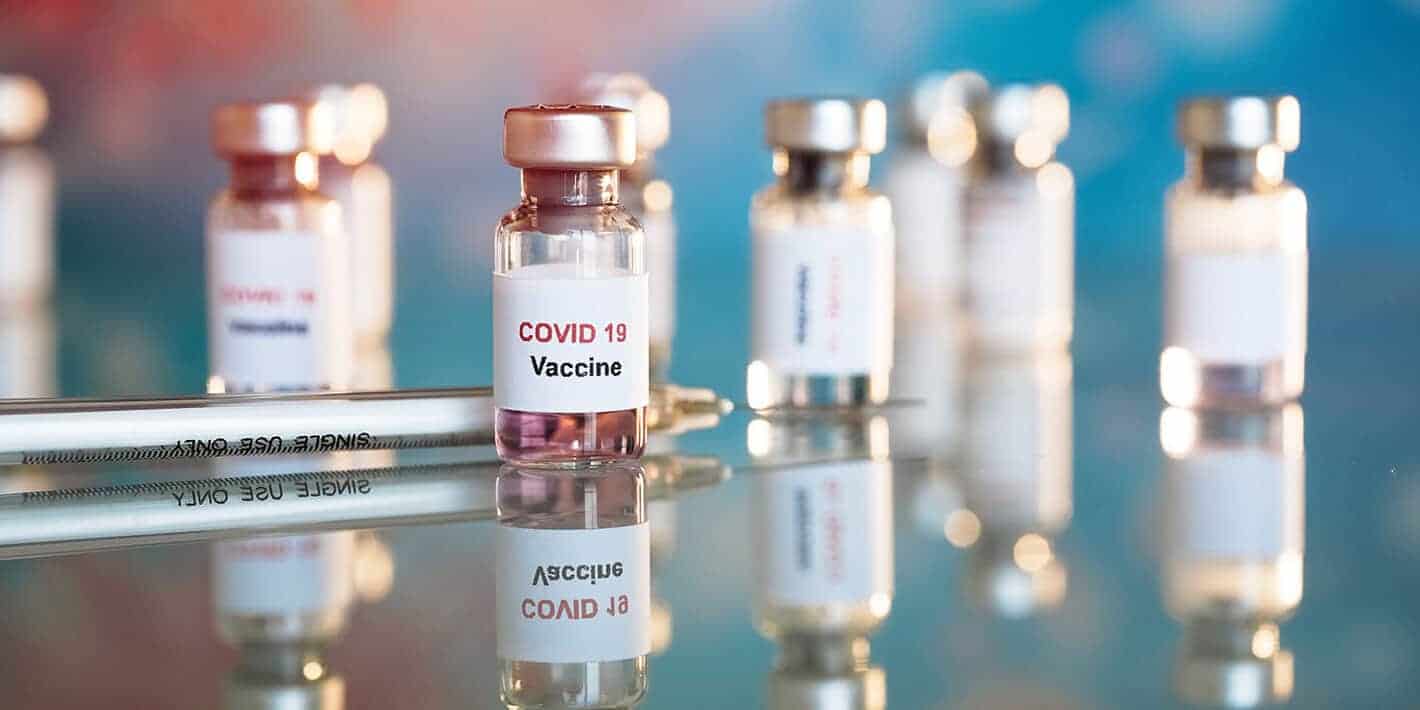Starting in mid-February and until the end of June, the Covax mechanism will send 35.3 million doses of AstraZeneca’s Covid vaccine to Latin America and the Caribbean, as well as about 378,000 of Pfizer’s to four countries in the region, PAHO reported.
The Pan American Health Organization (PAHO) said that 36 countries and territories in Latin America and the Caribbean that participate in Covax were notified about this first phase of delivery of the vaccine developed by the British laboratory AstraZeneca and the University of Oxford, according to a statement issued Sunday.
Four countries (Bolivia, Colombia, El Salvador and Peru) will also receive 377,910 doses of the vaccine developed by US pharmaceutical company Pfizer and German company BioNTech, under a global pilot program for early distribution.
PAHO, the regional office of the World Health Organization (WHO), said the AstraZeneca / Oxford vaccine should receive WHO approval for emergency use (EUL) “in the coming days.”
The Pfizer / BioNTech vaccine has already received the green light from the WHO for emergency use.
PAHO estimates that the region of the Americas will need to vaccinate some 500 million people to control the Covid-19 pandemic.
The American continent has more than 45 million confirmed infections and more than one million deaths from the coronavirus since the first case detected on January 21, 2020.
“The start of the delivery of vaccines through the Covax mechanism is a hopeful step in the fight against this virus,” said PAHO Director Carissa Etienne, highlighting “the unprecedented health, economic and social crisis” that has generated, particularly among the poorest countries.
The Covax mechanism, led by the WHO, the Gavi Vaccine Alliance and the Coalition for the Promotion of Innovations for Epidemic Preparedness (Cepi), is a global alliance of public and private actors launched in June 2020 for the acquisition and equitable distribution of vaccines against Covid-19.
The goal is to provide vaccines for at least 20% of the population of each participating country.
In Latin America and the Caribbean, 37 countries will receive vaccines through Covax, of which 27 will do so with their own financing and 10 will do so at no cost due to their economic condition or the size of their population, PAHO said.
These are the countries and territories that were notified on Sunday by PAHO about the first phase of vaccine delivery: Antigua and Barbuda, Argentina, Bahamas, Barbados, Belize, Bermuda, Bolivia, Brazil, Canada, Chile, Colombia, Costa Rica, Dominica, Ecuador, El Salvador, Saint Kitts and Nevis, Grenada, Guatemala, Guyana, Haiti, Honduras, British Virgin Islands, Jamaica, Mexico, Montserrat, Nicaragua, Panama, Paraguay, Peru, Dominican Republic, Saint Vincent and the Grenadines, Saint Lucia, Suriname, Trinidad and Tobago, Uruguay and Venezuela.
Costa Rica vaccine priority
The National Commission of Vaccination and Epidemiology, part of the Health Ministry, has indicated the priority for vaccination will be as follows:
- First group: Staff and residents at retirement or nursing homes.First responders, including health personnel.
- Second group: Costa Rica’s older population, defined here as those ages 58 and up. It is required to demonstrate residency with a cédula or DIMEX.
- Third group: People from 18-58 with risk factors, including hypertension, diabetes, heart disease, respiratory illness, kidney disease and obesity, among others.
- Fourth group: Teachers and other staff within the Education Ministry (MEP) or private schools. Imprisoned people and judicial staff. Workers for the 911 service.
- Fifth group: Health science students and related technicians in clinical fields. People ages 40-57 without any of the aforementioned risk factors but whose work puts them in contact with others. This includes laborers in agriculture, construction, service industries, etc.
The Caja will contact individuals to schedule their coronavirus vaccine. Those who fall into priority groups should call their local EBAIS (public community health clinic) and ensure their contact information is current.






